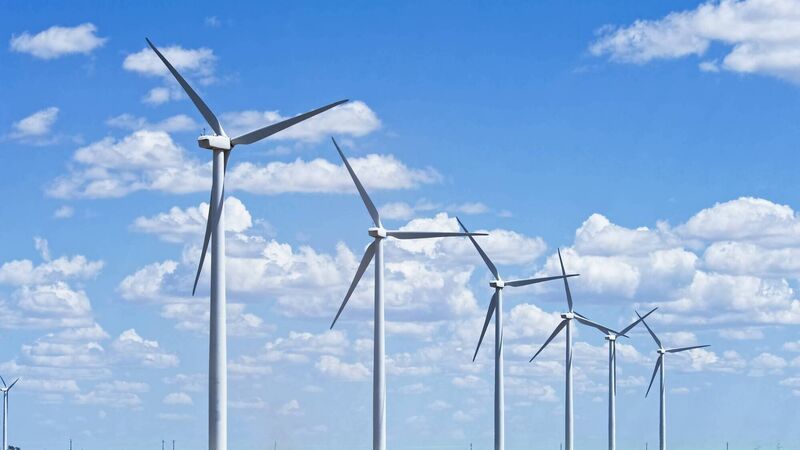Making Relatives: Earth protectors in Leitrim building international solidarity

Private industrial wind turbine development is being pursued in rural areas to serve urban environments and particularly energy-intensive data centres
During the month of May, a series of events took place across the island of Ireland. The occasion for the events was the visit of a delegation of Native American water protectors, Chas Jewett, Jeshua Estes and Lewis GrassRope, from the Lakota Nation, famously of Standing Rock, to Ireland.
Two such events took place in North Leitrim, in Fulacht Fiadh café and the Bee Park community centre in Manorhamilton and The Organic Centre, Rossinver.
CLIMATE & SUSTAINABILITY HUB















